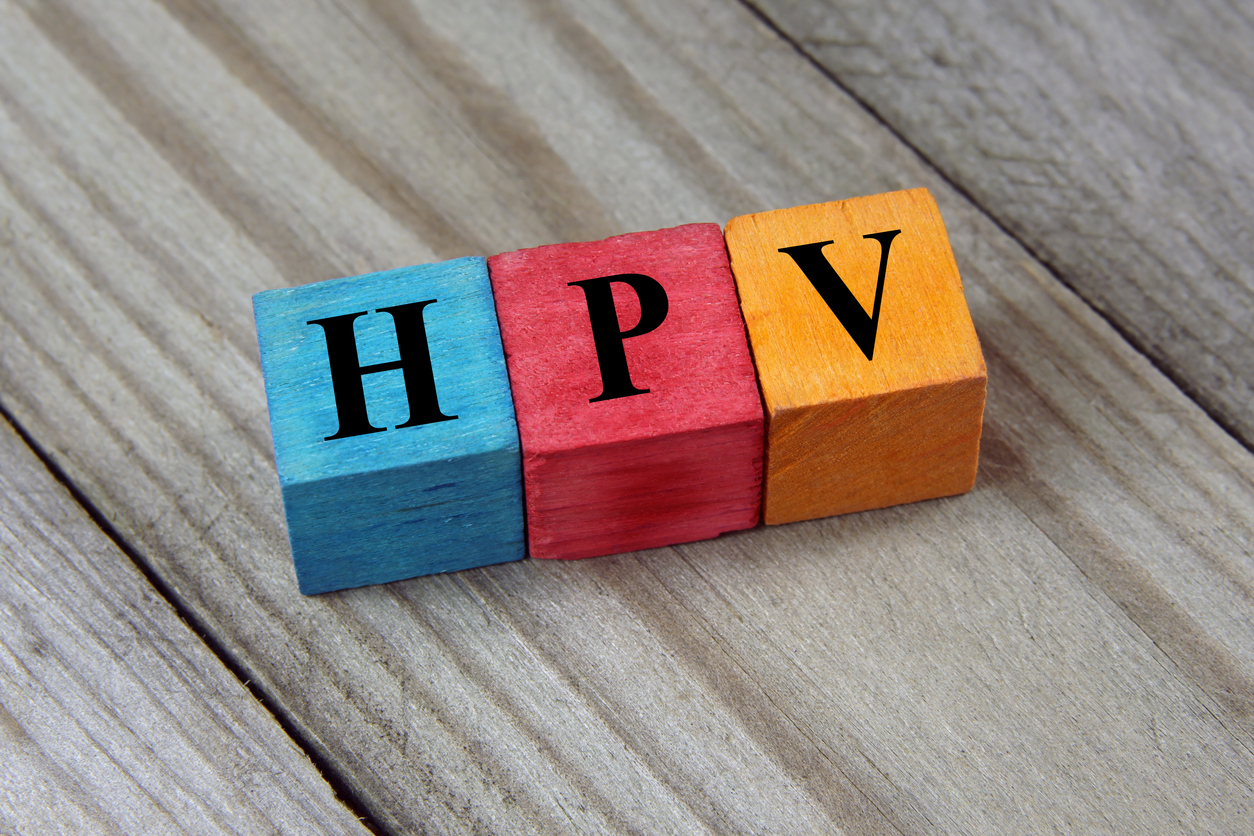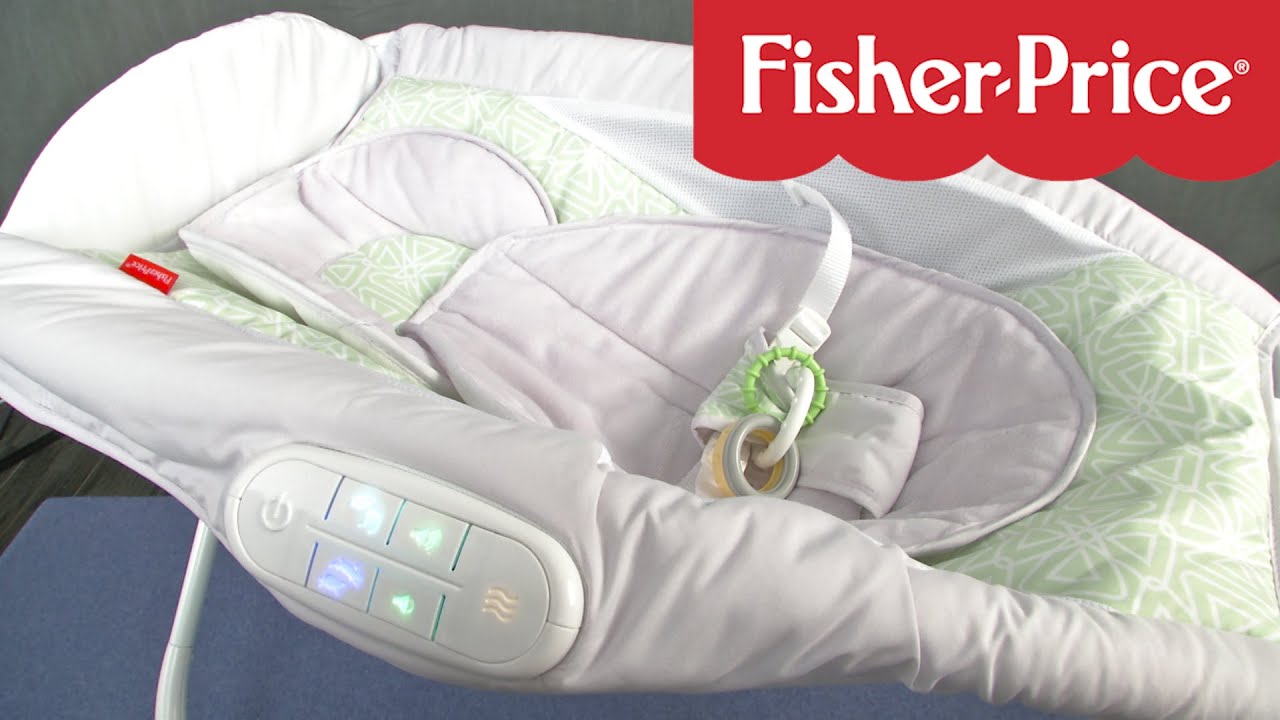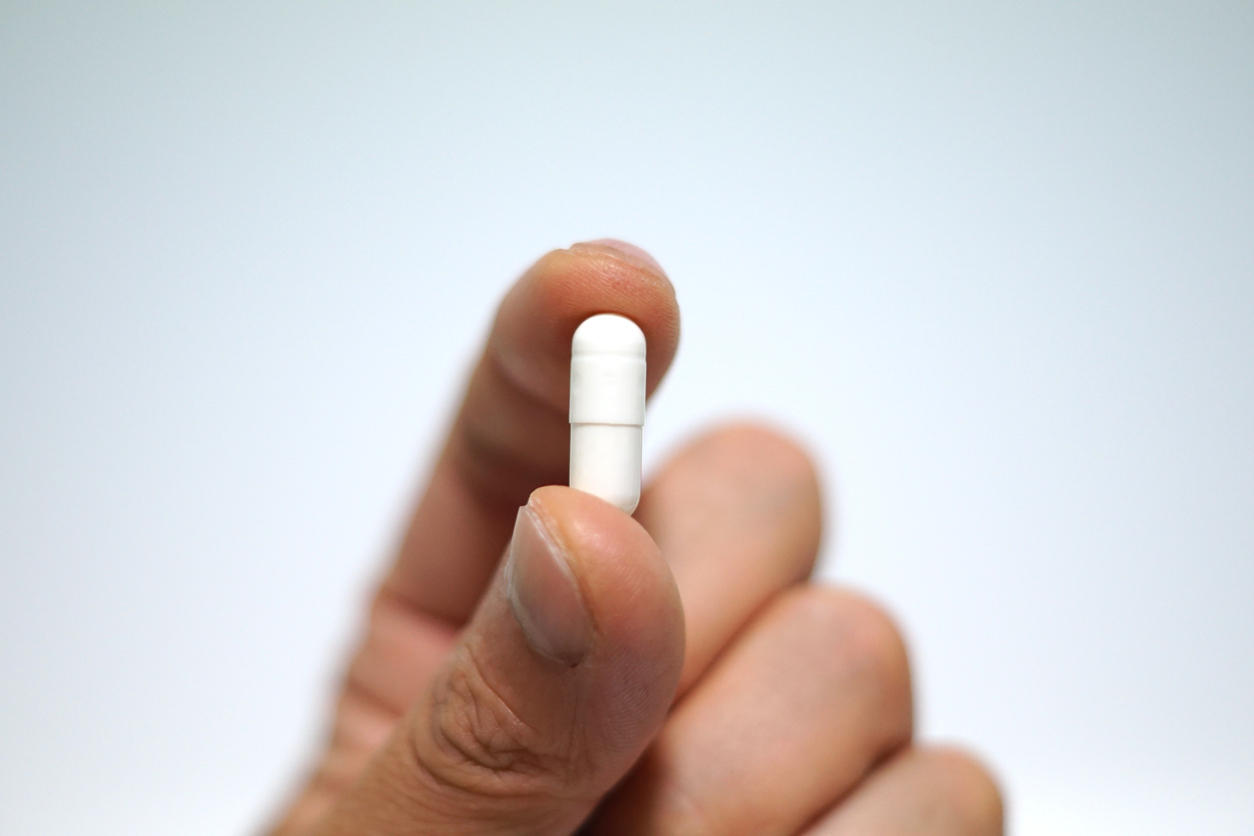
In May of this year, a Cochrane HPV vaccination review caused controversy when almost half of the clinical trials were left out of the public review.
The study was supposed to ease concerns about health risks associated with the vaccine, but critics quickly took note of the lack of information present.
The U.S. Centers for Disease Control and Prevention has been boosting efforts to raise vaccination rates. In particular, according to the CDC, only 66 percent of adolescents between 13 and 17 years old received the vaccination in 2017. More than half of that group didn’t complete the series of shots.
The Centers for Disease Control and Prevention recommends children between 11 and 12 years old get vaccinated for the human papillomavirus (HPV). Currently, the U.S. Food and Drug Administration has only approved Gardasil (2006), Cervarix (2009) and Gardasil 9 (2014) to prevent HPV.
One of the concerns in the American public has been with the HPV vaccination and Guillain-Barré syndrome (GBS). It is an autoimmune disorder that attacks healthy nerves. Specifically, it attacks the myelin insulation around nerves which then causes damage to cells and the nervous system.
GBS can worsen and turn into chronic inflammatory demyelinating polyneuropathy (CIDP). Some have correlated a relationship between the HPV vaccination and GBS, which is why the lack of information about the full study raised eyebrows.
The Cochrane review was what gave doctors and patients the confidence to administer preventable vaccinations.
Researchers from the Nordic Cochrane Centre in Copenhagen are the ones who brought up an issue with the review, claiming it was incomplete and biased. They were bothered the Cochrane review left out 20 of 46 eligible trials, and nearly 48,000 female participants.
Cochrane responded by saying it will look into the claims that it was incomplete but still stands by its initial review.





